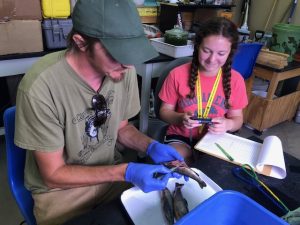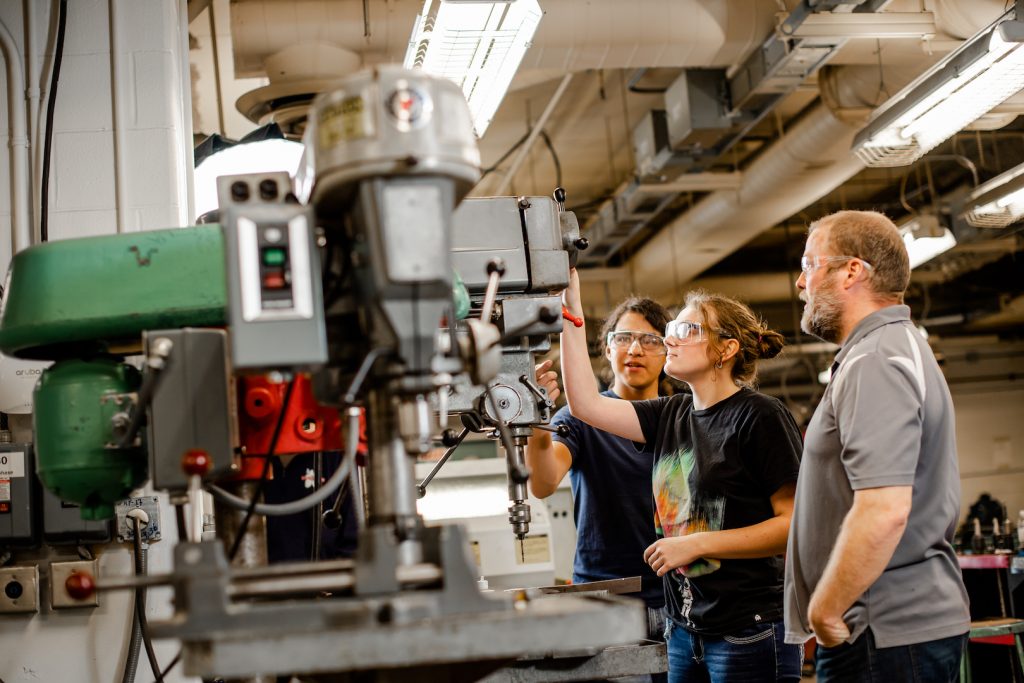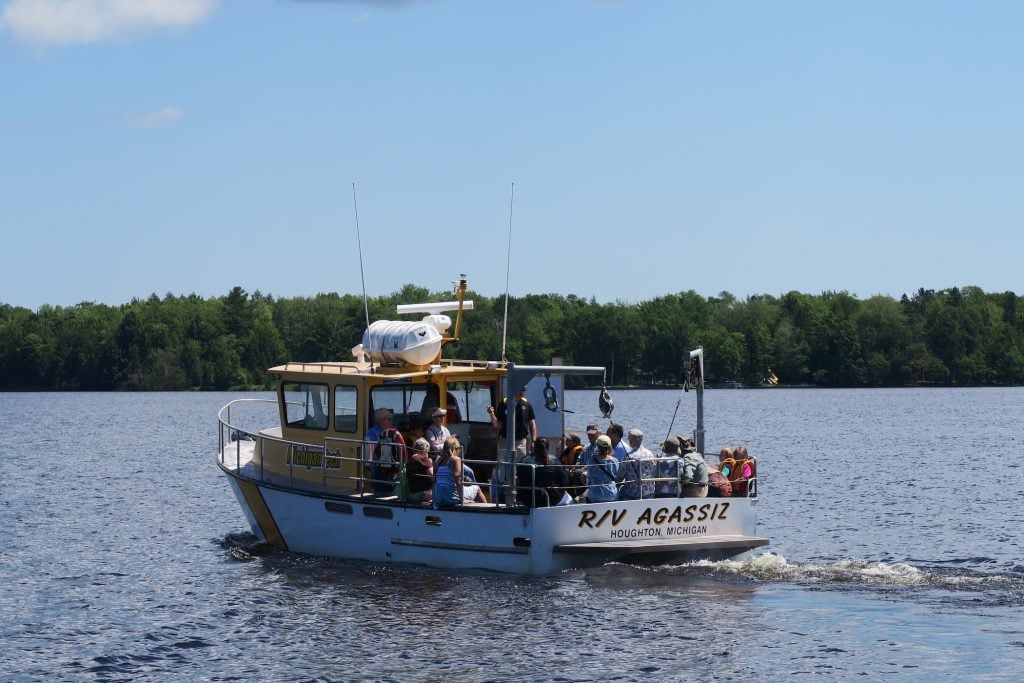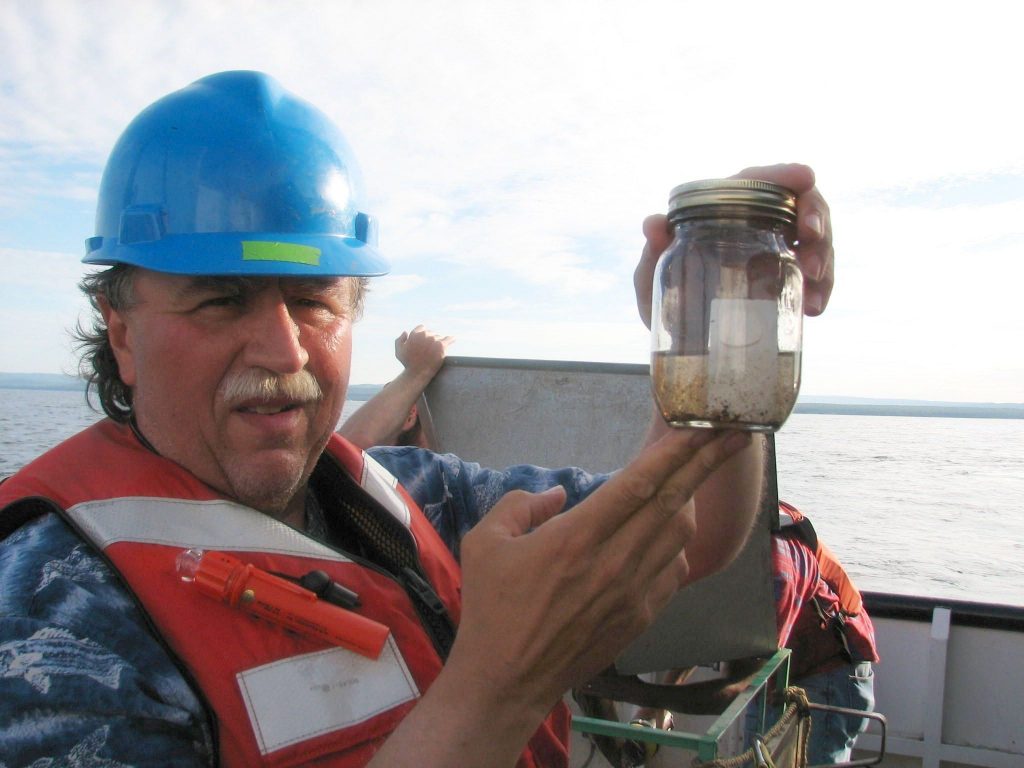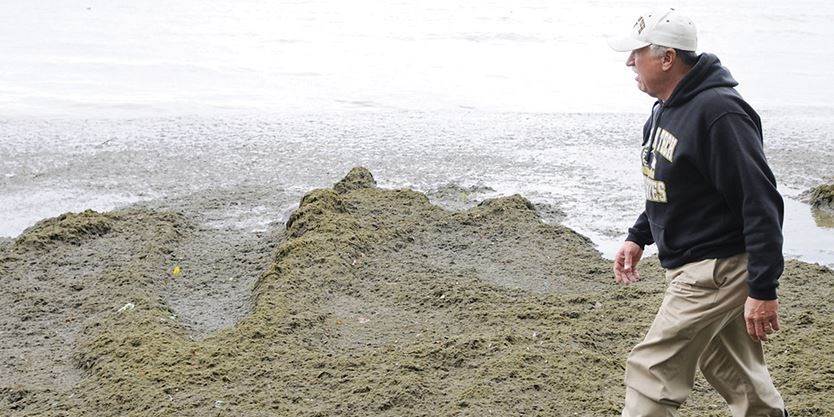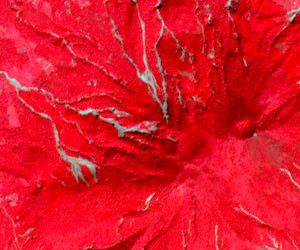85 parents and their PreK children from the Miigiziinsag Little Eagles Pre-School, KBIC pre-primary , KBIC early headstart, and BHK pre-school attended the first Family Engineering Fun Night held November 13th, 2019, at KBOCC. A pizza dinner was available at 5:30 pm with hands-on engineering activities from 6:00-7:00 pm. The event was conducted by Michigan Tech Center for Science and Environmental Outreach, with help from Michigan Tech students with the Chemical Engineering Honors Society Omega Chi Epsilon and Tau Beta Pi Engineering Honors Society student chapters, and funding from the Michigan Space Grant Consortium and the “For the Wisdom of the Children Grant from the American Indian College Fund.”
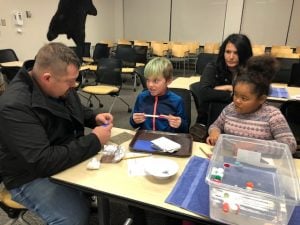
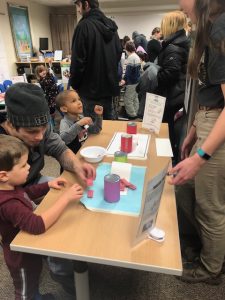
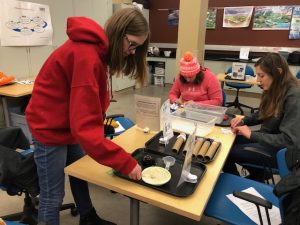
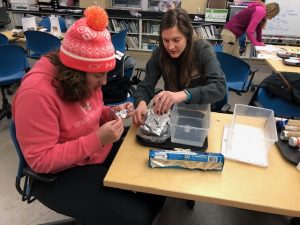

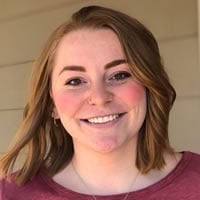
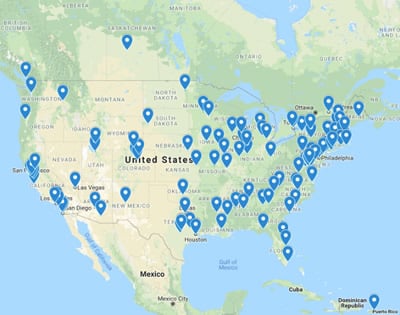
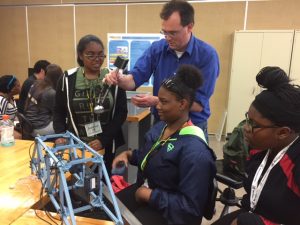 Eighteen high school students from Detroit and across the lower peninsula are spending six days at Michigan Tech from July 22-27, 2019, to explore Natural Resources and Engineering majors and consider attending Michigan Technological University. This is the 5th year that the program has been conducted.
Eighteen high school students from Detroit and across the lower peninsula are spending six days at Michigan Tech from July 22-27, 2019, to explore Natural Resources and Engineering majors and consider attending Michigan Technological University. This is the 5th year that the program has been conducted.